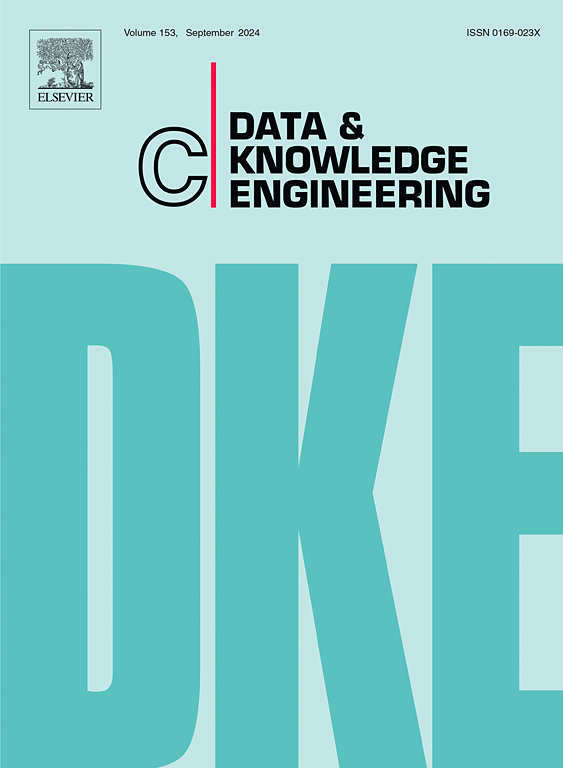An interpretable knowledge recommendation method for civil dispute mediation
IF 2.7
3区 计算机科学
Q3 COMPUTER SCIENCE, ARTIFICIAL INTELLIGENCE
引用次数: 0
Abstract
The demand for efficient and fair civil dispute mediation is driving the development of intelligent knowledge recommendation technologies. However, existing approaches face challenges in interpretability and reasoning over complex relationships. This study proposes an Interpretable Knowledge Recommendation Method (IKRM) that integrates deep learning and multi-hop reasoning to provide precise and transparent decision support for online mediation platforms. First, to address the extraction of specialized terms and intricate relationships in legal texts, we propose a pre-trained model-based semi-joint extraction method combined with ontology design, constructing a civil dispute knowledge graph that enables hierarchical semantic modeling of legal concepts. Second, we design a hybrid multi-hop reasoning framework that combines neural logic programming for numerical rule-based latent relation mining and cognitive graphs for multi-path reasoning, dynamically generating traceable explanations during path expansion. IKRM performs better than mainstream baseline models in terms of all key evaluation indicators, according to experiments validated using multi-source Chinese legal datasets. It additionally exhibits greater reasoning robustness for difficult queries. This study creates a new paradigm for legal knowledge recommendation systems that is modular, interpretable, and effective. It also contributes to larger social equitable governance by offering accurate decision assistance for civil dispute mediation in China.
一种适用于民事纠纷调解的可解释知识推荐方法
对高效、公正的民事纠纷调解的需求推动着智能知识推荐技术的发展。然而,现有的方法在复杂关系的可解释性和推理方面面临挑战。本研究提出一种融合深度学习和多跳推理的可解释知识推荐方法(IKRM),为在线中介平台提供精确透明的决策支持。首先,为了解决法律文本中专业术语和复杂关系的提取问题,我们提出了一种基于预训练模型的半联合提取方法,结合本体设计,构建了一个民事纠纷知识图,实现了法律概念的分层语义建模。其次,我们设计了一个混合多跳推理框架,该框架结合了基于数值规则的潜在关系挖掘的神经逻辑编程和用于多路径推理的认知图,在路径扩展过程中动态生成可追溯的解释。根据使用多源中国法律数据集验证的实验,IKRM在所有关键评估指标方面都优于主流基线模型。此外,对于困难的查询,它显示出更强的推理鲁棒性。本研究为模块化、可解释性和有效性的法律知识推荐系统创造了一个新的范式。它还通过为中国的民事纠纷调解提供准确的决策协助,促进更大范围的社会公平治理。
本文章由计算机程序翻译,如有差异,请以英文原文为准。
求助全文
约1分钟内获得全文
求助全文
来源期刊

Data & Knowledge Engineering
工程技术-计算机:人工智能
CiteScore
5.00
自引率
0.00%
发文量
66
审稿时长
6 months
期刊介绍:
Data & Knowledge Engineering (DKE) stimulates the exchange of ideas and interaction between these two related fields of interest. DKE reaches a world-wide audience of researchers, designers, managers and users. The major aim of the journal is to identify, investigate and analyze the underlying principles in the design and effective use of these systems.
 求助内容:
求助内容: 应助结果提醒方式:
应助结果提醒方式:


